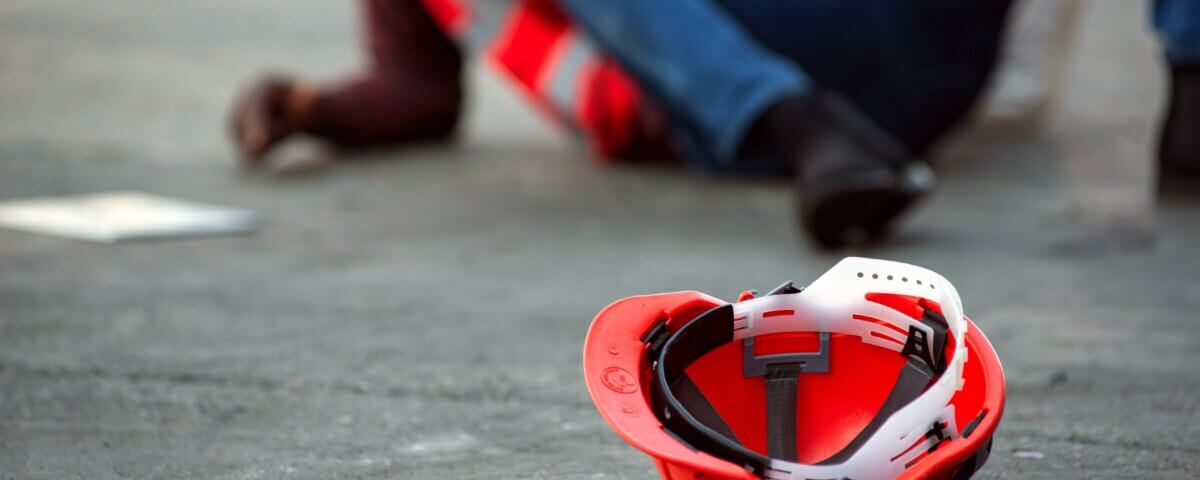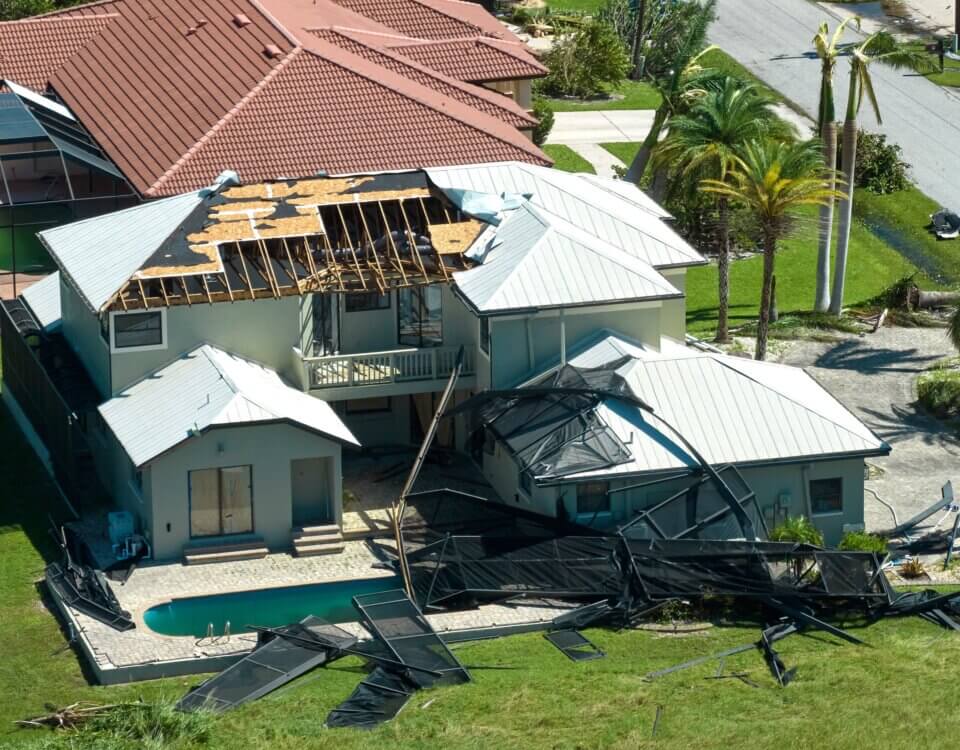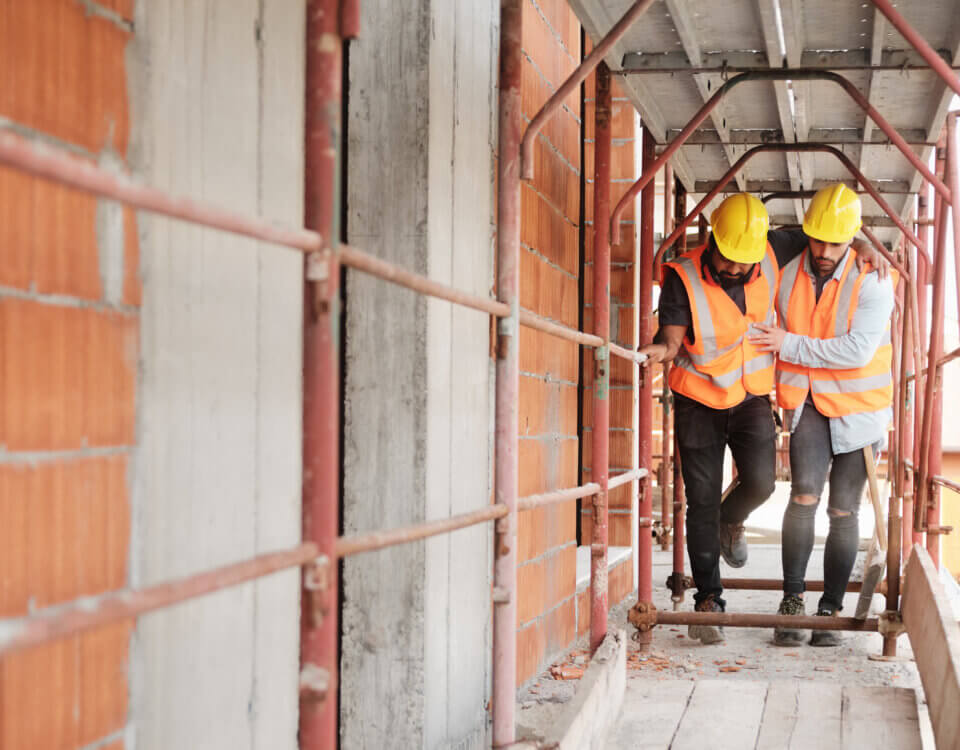Construction sites are places of progress, building the homes, offices, and structures that shape our communities. But behind the hard hats and heavy machinery lies a reality that isn’t often discussed: the psychological toll when a construction worker is injured on the job. While safety gear protects against physical harm, it cannot shield workers from the mental and emotional impact of an accident.
At Hillstone Law, we understand that workplace injuries affect more than just the body. They can also leave lasting scars on mental health. Recognizing and addressing the psychological side of construction injuries is crucial for recovery and quality of life.
The Hidden Mental Health Struggles
When a construction worker is injured, the focus typically centers on physical healing. Yet studies from the National Institutes of Health (NIH) show that many injured workers experience depression, anxiety, or post-traumatic stress disorder (PTSD) long after their bodies begin to recover.
Factors that often worsen mental health struggles include:
- Fear of re-injury after a traumatic accident.
- Financial stress due to medical bills and lost wages.
- Job insecurity and uncertainty about returning to the workforce.
- Reduced mobility or long-term disability, limiting the ability to perform physically demanding tasks.
Unfortunately, many construction workers feel pressured to stay silent about these struggles, often due to outdated stereotypes that discourage men and women in blue-collar jobs from expressing emotional pain. At Hillstone Law, we believe these barriers must be broken so injured workers can receive the help they need.
Support Systems for Injured Workers
Recovery takes more than physical therapy—it requires a strong support system. Some of the most effective resources for construction workers recovering from an injury include:
1. Workplace Initiatives
Employers should create an environment where mental health is openly supported. This can include access to counseling, gradual return-to-work programs, and open communication channels to reduce stigma.
2. Counseling & Therapy
Professional therapy provides injured workers with tools to process trauma, cope with anxiety, and rebuild confidence. Psychologists and psychiatrists can customize treatment plans to address the specific needs of construction workers.
3. Peer Support Groups
Talking to others who have experienced similar injuries can be a powerful step toward healing. Peer support groups foster community, encouragement, and understanding during the recovery process.
Workers’ Compensation and Legal Protection
Workers’ compensation is designed to cover medical expenses and lost wages after a workplace injury. However, filing a claim isn’t always straightforward. Many injured workers face delays, denials, or settlements that don’t reflect the true value of their losses.
That’s where Hillstone Law comes in. Our team of experienced construction accident attorneys can guide you through the workers’ compensation process, ensure your claim is handled correctly, and fight for the maximum benefits you deserve. If negligence played a role in your injury, we can also pursue additional legal action to secure full compensation for your pain and suffering.
Hillstone Law Is Here to Help
Recovering from a construction accident means addressing both the physical and psychological toll. At Hillstone Law, we believe no worker should face this journey alone. If you or a loved one has been injured on a construction site, our attorneys are here to stand by your side.
Call Hillstone Law today for a free consultation. We’re available 24/7 to fight for your rights and help you get the compensation and support you need to move forward.



